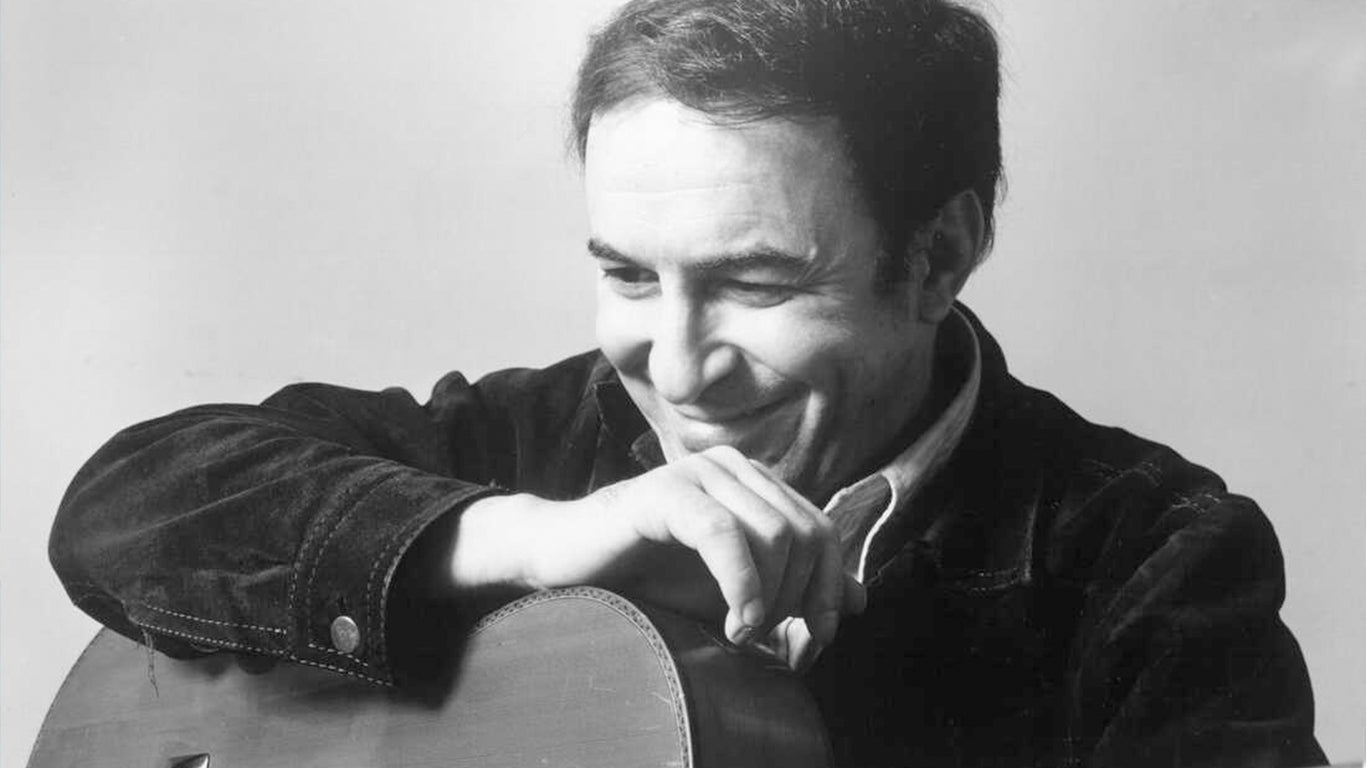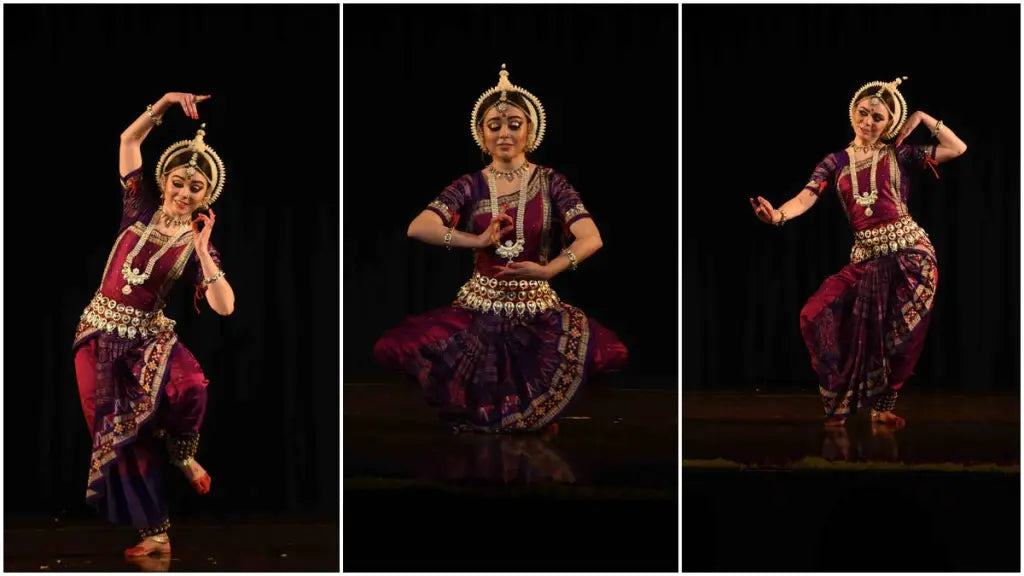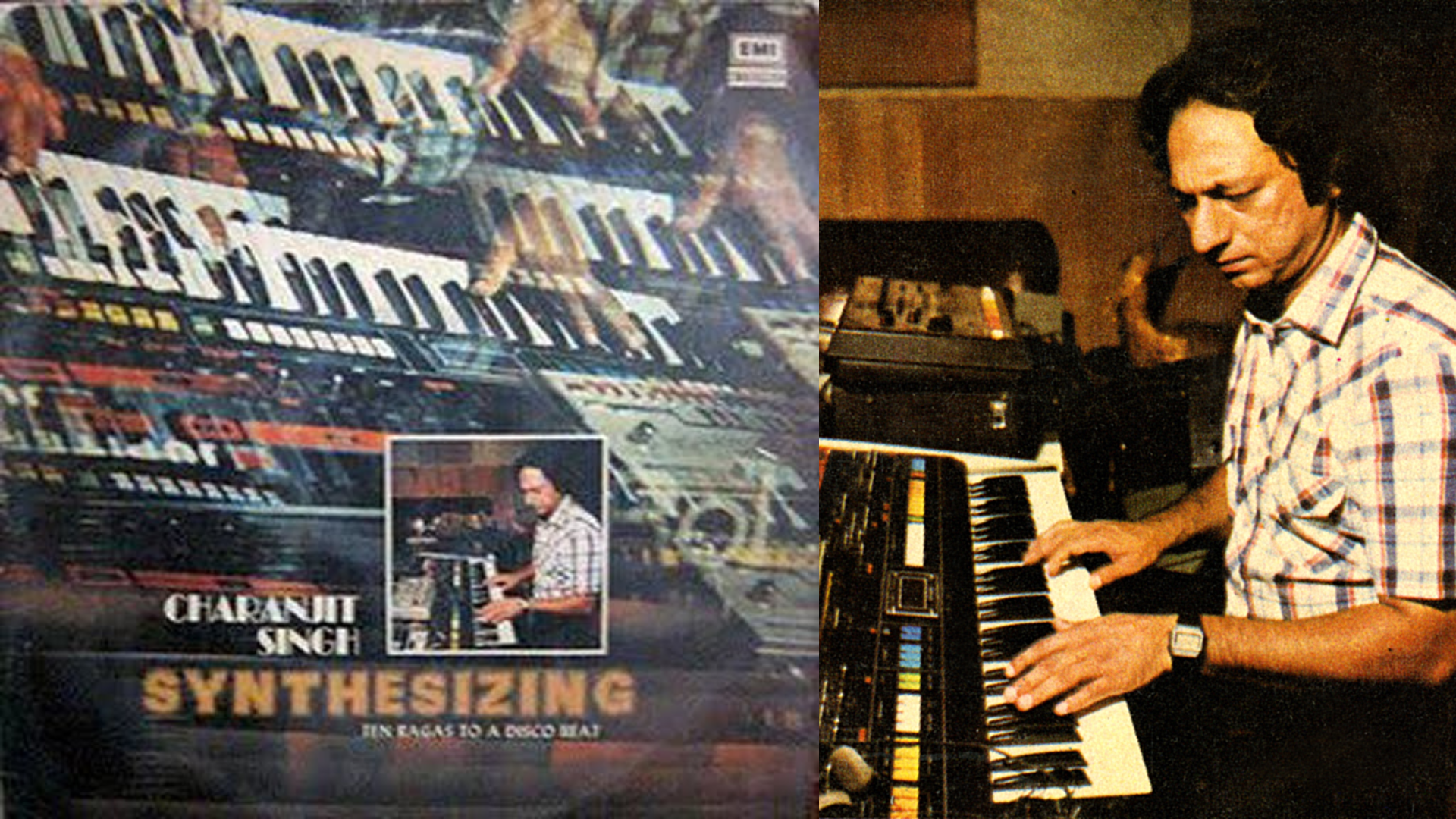The History of Bossa Nova

There are amazing jazz musicians in every corner of the world, Brazil, however, is the only country that has created a genre that is instantly recognizable all over the globe.
Even though the genre today is a major cultural export for the country, there are very few who know about its origins.
It is impossible to talk about Bossa nova without talking about Samba. Originating from Bahia in the 17th century, Samba is a style of energetic dance and music that focuses heavily on fast-paced percussion and a call and a response vocal pattern.
In Brazil, the word "bossa" is old-fashioned slang for something done with particular charm, natural flair, or innate ability.
As early as 1932, Noel Rosa used the word in a samba:
"O samba, a prontidão e outras bossas são nossas coisas, são coisas nossas." ("Samba, readiness and other bossas are our things, are things from us.")
The genre would evolve in the late 1950s. Renowned musicians like Johnny Alf, João Gilberto, Luiz Bonfá, Antônio Carlos Jobim, and Sergio Mendes, who are considered pioneers of the genre combined the somewhat slower rhythms of Samba with Jazz guitar and relaxed, laidback vocals. This would eventually come to be known as Bossa Nova.
Bossa nova literally translates to "new trend" or "new wave" in Portuguese. According to some authors, the exact origin of the term "bossa nova" was unknown for many decades.
Any new "trend" or "fashionable wave" was referred to as a "bossa" in Rio de Janeiro's artistic beach culture of the late 1950s. Brazilian author Ruy Castro claims in his book Bossa Nova that the term "bossa" was already being used by musicians in the 1950s to describe someone's ability to play or sing in an idiosyncratic manner.
Bossa Nova’s strong ties to its roots have had a massive impact on popular music. Bossa nova has influenced a wide range of genres, including Hip Hop (the Black-Eyed Peas' rendition of Sergio Mendes' timeless Mas Que Nada), Indie (Raghav Meattle's Bar Talk), and even Bollywood (Khaabon Ke Parindey from Zindagi Na Milegi Dobara, and Aashiyana from Barfi), demonstrating that it has truly become a global genre.






Comments